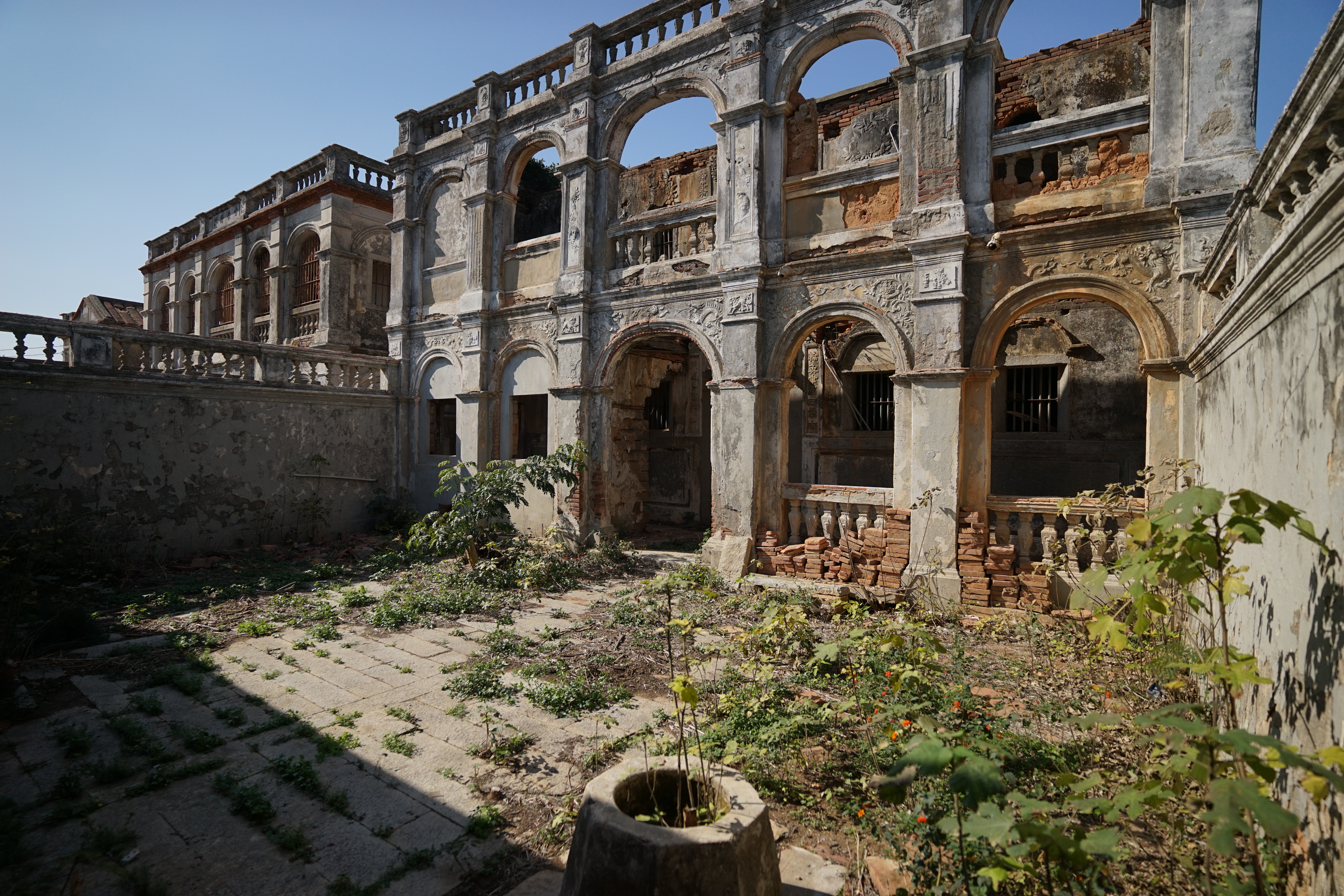The Wiki Loves Monuments team just published the 2022 DEI report. In response to what the team shared and learned, the Taiwan local campaign would like to share our experience with everyone.
There have been 7 Wiki Loves Monuments held in Taiwan: first in 2013, and from 2017 ever since to 2022. The Taiwanese community organizers had tried several formats of the campaign, such as the composition of the COT, composition of the jury, and evaluation methods, as well as different types of partnerships. Many changes made were related to what the 2022 DEI report had pointed out. This is why we like to share our experiences.
First, in the recent campaigns, the 5 people jury team was composed of specific backgrounds: 2 professional photographers, 2 monument & heritage researchers, and 1 community representative. This is not a perfect composition, but it is beneficial to a more multi-aspects evaluation process through experts from different backgrounds. Heritage researchers can identify the detail of some images which have more historical value, the Wikimedia community representative will consider if the images are clear enough to elaborate certain knowledge or if the image content was taken lesser in the past.
This composition could avoid the problem of over-emphasizing the aesthetics that were pointed out in the DEI report. It is obvious that, from 2020 to 2022, there are at least one image about “ruins buildings“ that obviously under maintenance can goes in the top ten. These buildings were being shotted and were recognized with prize. Each year, when we announced the top ten photos, we will also report the juries’ comments and point out the highlight of these winning photos. It gave these types of the monument a reason not be kicked out by other participants.

Furthermore, different types of partnerships may strengthen diversity too. For example, in 2021, we collaborated with “Hakka Public Communication Foundation”(客家公共傳播基金會) and set up a special award for Hakka heritages. We also organized Hakka photography workshop. In 2022, we collaborated with “The Cultural Association of Gangshan Military Dependents’ Village (岡山眷村文化協會) ”and set up a “Residential heritage” special award, also organized the “Military Dependents’ Village” photography workshop. These two partnerships sequentially attracted the Hakkanien and Chinese immigrants from 1949. They are considered as the second and third large population group in Taiwan. Those partners were included in the discussion of the campaign rules, propagandas, and event format, hence fewer negative voices from the community. This problem was also pointed out by the DEI report.
The content of the 2022 DEI reported by the Wiki Loves Monuments team is highly valued and opens up more conversation. We hope the reflection from Taiwan would encourage all the campaign organizers.

Can you help us translate this article?
In order for this article to reach as many people as possible we would like your help. Can you translate this article to get the message out?
Start translation